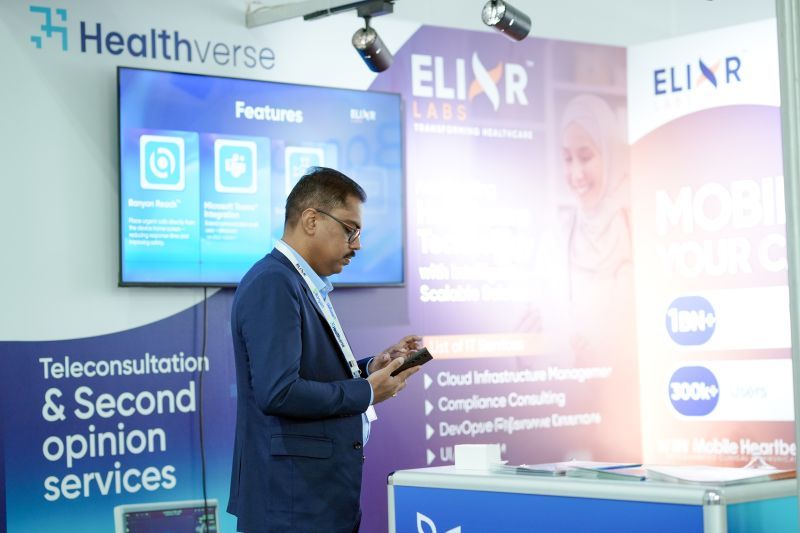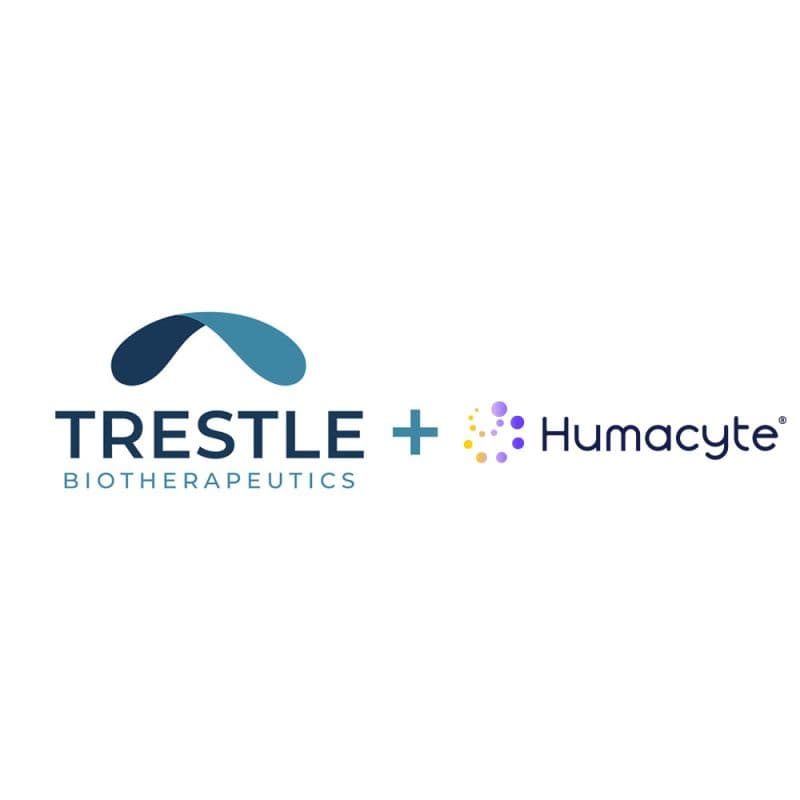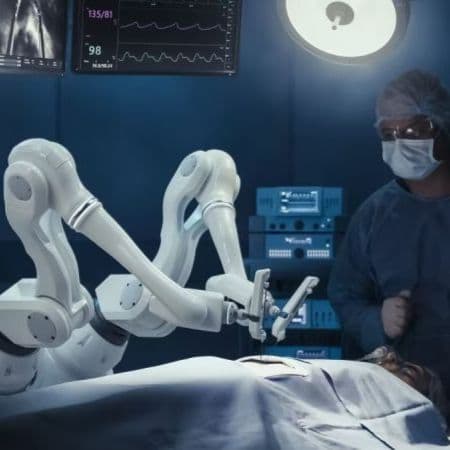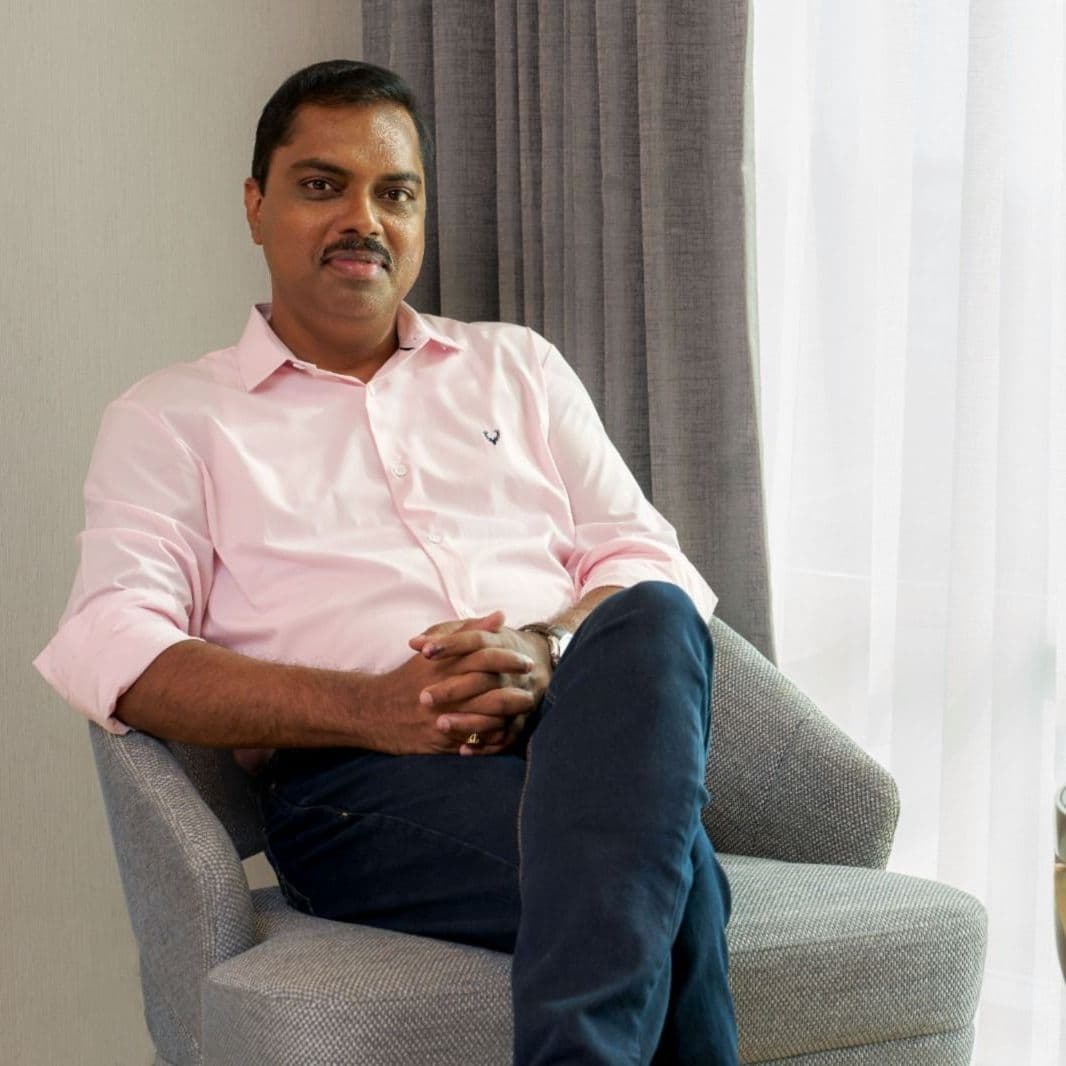
I used to think that precision medicine was the future of healthcare.And honestly, it’s really good.
Doctors can study your genes to treat you in the best way possible. Personalised medicine uses tools like AI and CRISPR to find health issues early. This helps in giving faster, smarter care before symptoms even show up.
It sounds like science fiction, but it’s real. And for someone like me, who works with healthcare and technology, it felt like we were standing on the edge of something revolutionary.
But everything changed the day I met Ramesh.
He wasn’t part of any big research trial. He didn’t use advanced apps or wearables. He was just an ordinary man from a small town, trying to manage his diabetes. He went to the clinic once but never came back.
When someone asked him why, he simply said, “I don’t have enough money to go again.”
That conversation really shocked me.
How can we talk about high-end precision medicine technologies when someone like Ramesh can’t even afford a second doctor visit?
At that moment, I realised something important. Yes, precision medicine in healthcare is a powerful weapon. But factors such as money, geographical location, and access to care matter even more for your health.
People often say that health is personal. But in reality, it’s shaped by social and economic conditions.
Studies show that 80–90% of health outcomes come from factors such as:
- Income
- Education
- Housing
- Clean water and air
- Healthy food
- Access to affordable healthcare
We’re pouring billions into AI algorithms, robotic surgeries, genetic testing, and personalised treatments. Some of the biggest precision medicine companies are creating breakthrough tools that promise to change the future.
But at the same time, millions still die just because of where they’re born, what they earn, or whether they can even get to a hospital.
That doesn’t mean innovation is bad.
In fact, innovation is vital. We need smart solutions, especially in overburdened systems. The benefits of precision medicine include faster diagnosis, fewer side effects, and more targeted care.
But there’s a serious problem:Precision medicine challenges aren’t just technical; they’re social and economic too.
If these tools don’t reach people like Ramesh, then it’s not progress, it’s just a privilege.We’re building a shiny tower of modern healthcare while the foundation underneath basic access is cracked.
Even the smartest technology can’t undo a lifetime of poverty or fix a system that doesn’t work for everyone.
Smart Tech Isn’t Enough If It Only Reaches the Top 10%
This is a hard truth for many in the health innovation space. The future of healthcare isn’t just about what we build, it’s about who we build it for.
A truly healthy society isn’t one with the most advanced tech; it’s one where everyone benefits.
So, if you had to choose, would you invest in the next big thing in precision medicine?
Or would you invest in making sure that the cost of precision medicine doesn’t keep people out?
Of course, we need both. But right now, the balance is off. We need to focus more on people like Ramesh. Because health equity isn’t just a moral issue, it’s a practical one.
When more people get the care they need, everyone benefits. Fewer emergencies. Lower costs. Stronger communities.
Imagine a world where precision medicine isn’t a luxury, it’s a standard.
Your zip code doesn’t decide how long you live. Where we don’t ask people to adjust to the system, but build the system around their lives.
That’s the real revolution we need. Let’s keep building amazing things. But let’s make sure no one gets left behind.
What kind of healthcare future are we building, and will it include everyone, or just the fortunate few?

Bioprinting the Future: How Trestle’s Kidney Tissue Changes Everything

Why India’s New Tech Era Demands Smarter Product Leadership

If AI Fails a Surgery: The Unanswered Question of Accountability
